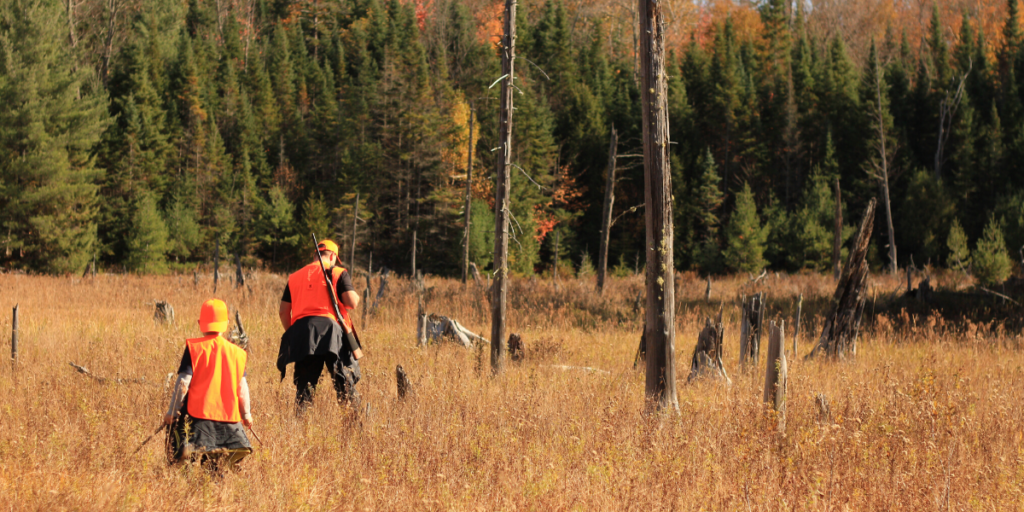Hunting and fishing are a huge part of Michigan’s economy and culture. Firearm deer season is fast approaching and hunters have been planning for their hunts all year. One part of that planning that has been outlawed since August 2018 is deer baiting. The ban was enacted to try to stop the spread of Chronic Wasting Disease in deer.
Hunters have traditionally used apples, carrots, corn, and other agricultural products to attract deer to their hunting blinds, but the Michigan Natural Resources Commission banned the practice to help protect the herds. State Representative Michele Hoitenga, of Manton, in Mid-Michigan, along with Outdoors Activist Ted Nugent, testified earlier this fall before the House Government Operations Committee to try to get the baiting ban removed. Representative Hoitenga has introduced a bill to lift the ban and the bill is making progress, as it has already been approved by the Committee.
The argument to the ban is that it is unreasonable, since deer naturally graze together on windfall apples and corn in the fields. Local hunter and outdoorsman, Jon Moore, of Algonac, said that a statewide ban is a little far reaching, but a ban specific to counties with Chronic Wasting Disease makes sense since deer eating from a bait pile can be riskier than natural grazing for the spread of disease. Most states don’t allow baiting, and Michigan’s deer population is not dwindling. Hunting and fishing licenses bring in $83.5 million, which is 20% of the Michigan Department of Natural Resources’ budget. The economic impact of hunting statewide, which includes the sale of agricultural products traditionally used for deer baiting, is estimated at $8.9 billion. We will keep you posted as to how this bill progresses and what it’s impact could be on local hunters.
Reporting for WGRT, Karly Hurley.


